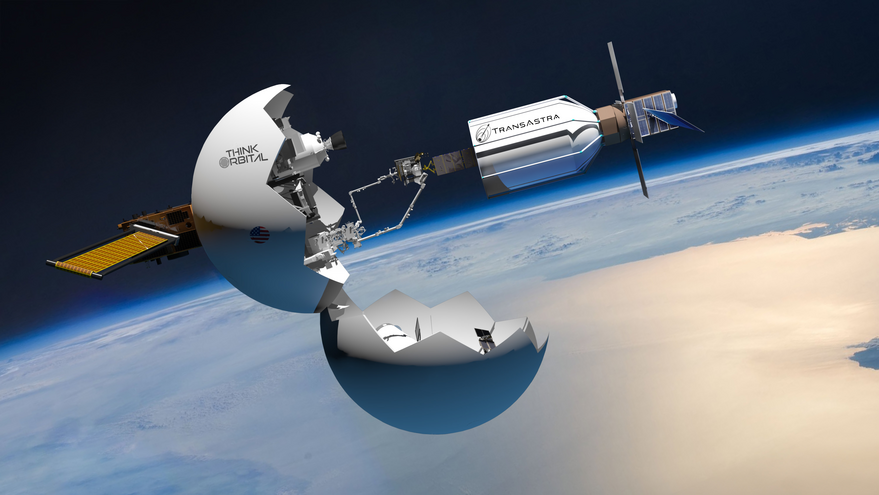The space startup TransAstra has been awarded an $850,000 contract by NASA. Within its scope, the company will develop a prototype of an inflatable bag designed for capturing space debris.

Space debris is one of the most serious challenges threatening the utilization of Earth’s orbit. Both space agencies and numerous private companies are engaged in addressing this issue. One of them is TransAstra. Initially, the company worked on developing technology for resource extraction from asteroids, which involved the use of a capturing bag. However, after some time, the company realized that this technology could also be employed to combat space debris.
In 2021, TransAstra already constructed a small prototype of such a bag as part of NASA’s Innovative Advanced Concepts program. The new contract was granted under the SBIR Ignite program, which aims to support promising technologies with commercial potential. Within the contract, TransAstra will create a new prototype of their device and demonstrate how it can capture objects. The testing will take place on Earth.
If successful, TransAstra hopes to further develop their technology and eventually test it on actual space debris. The company believes that using bags has several advantages over other methods. For instance, they can capture multiple objects simultaneously and do not require docking or any specific attachment. Small bags can capture CubeSats, while large ones can capture upper rocket stages, malfunctioning geostationary satellites, and even asteroids.
In the more distant future, TransAstra hopes to establish an orbital recycling facility (its project is being developed jointly with the startup ThinkOrbital). This facility would allow for the reuse of components already present in space, rather than launching new spacecraft from Earth. This approach would result in significant financial savings and enable a reduction in the number of launches, which in turn would decrease the amount of space debris in orbit.
Earlier, we reported on how the goal of a space janitor was compromised due to a collision with space debris.
Based on materials from https://spacenews.com.
